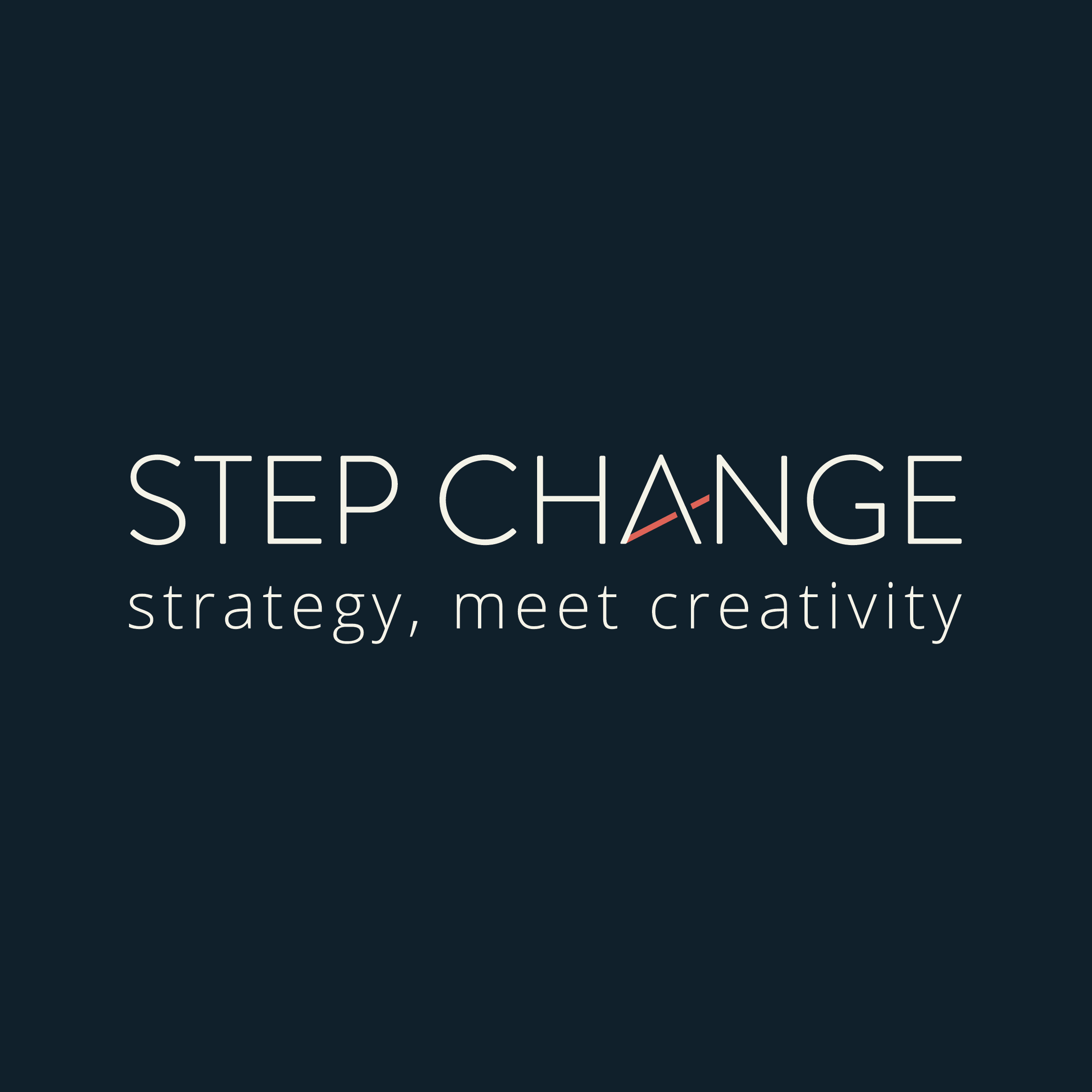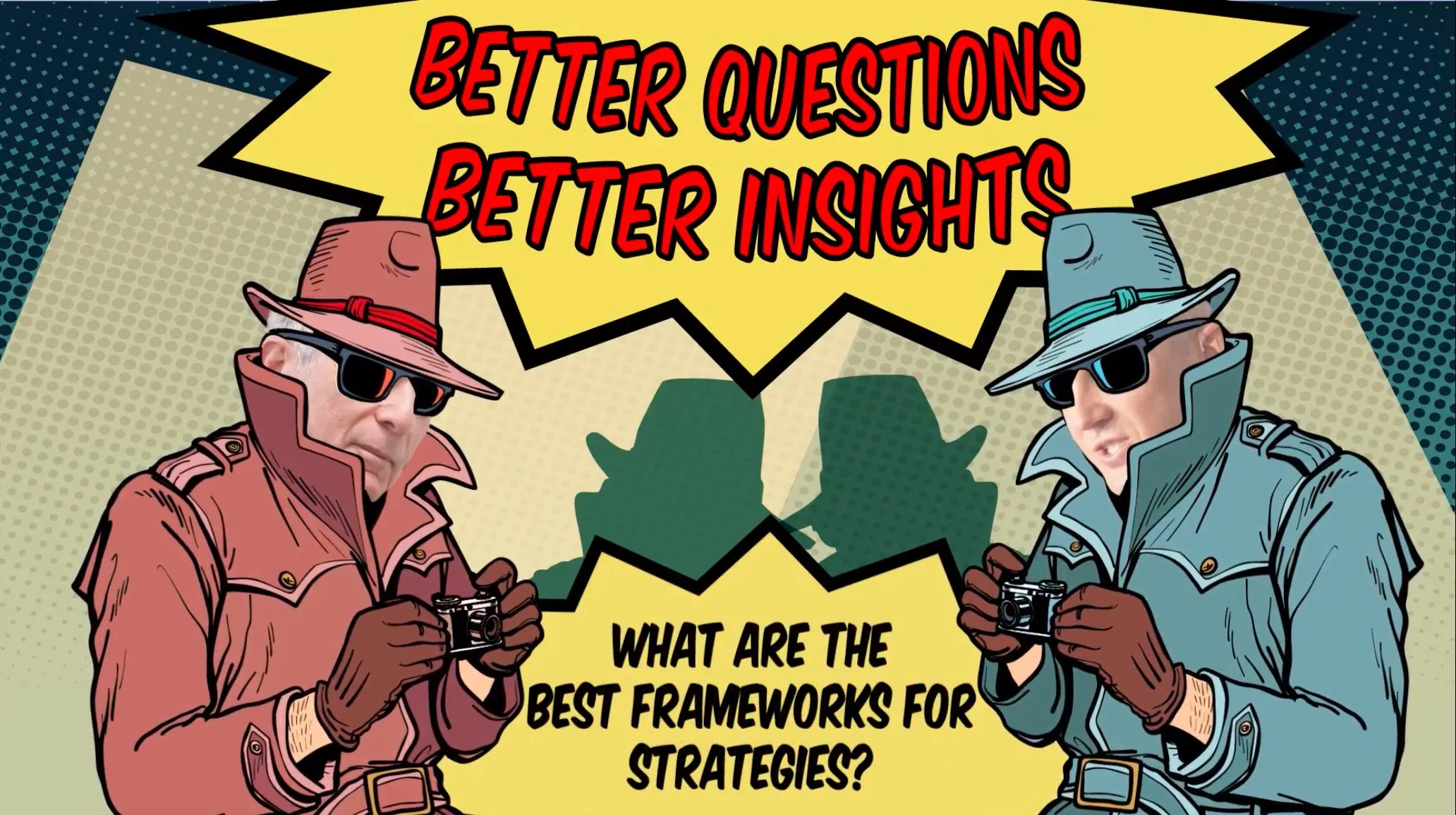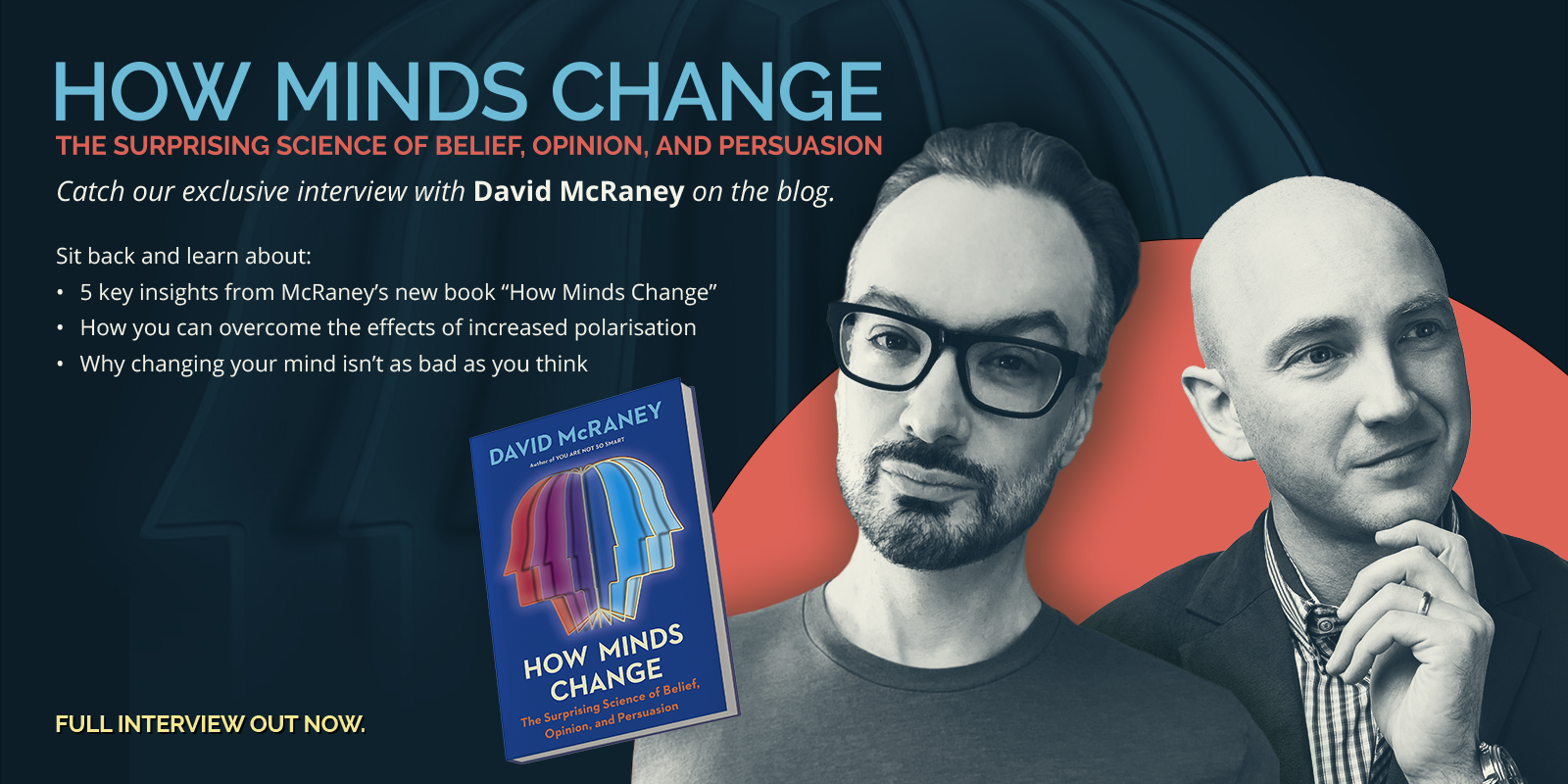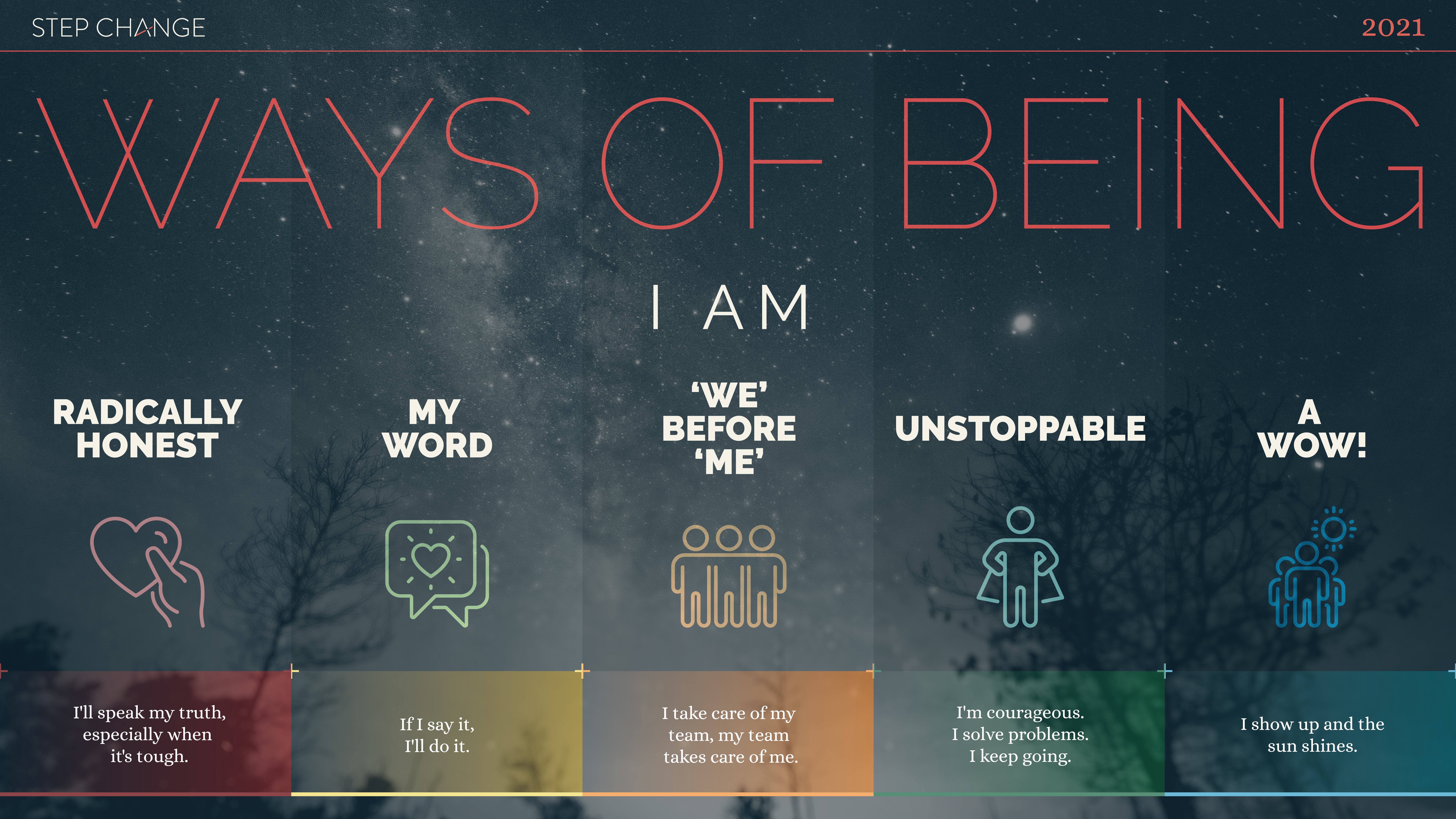Many businesses succeed because they have leaders who are eloquent visionaries. They inspire their people with their brilliant strategy to reach their goal. And most importantly, they know that strategy alone is not enough to win. Execution — and how well their people understand this — is the key. So when it comes to people, which is more important — strategy or execution?
In the second part of the interview, Chris Bates, founder and managing director of Checkside, answers this question. Checkside is an HR and recruitment consultancy business that helps companies connect people to business strategy.
This blog post is part of a 5-episode series. To watch the other episodes, click on the links below.
The text that follows is an edited transcript of the interview.
JC: Strategy was all the hype for years gone by, but recently, execution has been getting all the focus. Just in the context of people, which one’s more important and why?
CB: Both are important here, but I guess we look at it this way: people spend more of their time executing than they do coming up with strategy.
Now you need great people to come up with great strategy — that’s fairly obvious and they will use people like yourselves and us to help them with that. But at the end of the day, the rubber hits the road at the execution level, and it’s really important that people get the right rhythms and habits and communication going through their business in the execution phase.
So again, people spend more time executing than doing strategy. Both important, but people spend more time executing.
To know more about how your business can connect people to strategy, 
 Chris Bates is the Founder and Managing Director of Checkside. He’s responsible for setting the vision and driving the strategy of the business. He guides clients through operational succession planning, business structuring, remuneration design, and the management of senior executive recruitment projects.
Chris Bates is the Founder and Managing Director of Checkside. He’s responsible for setting the vision and driving the strategy of the business. He guides clients through operational succession planning, business structuring, remuneration design, and the management of senior executive recruitment projects.
 Jeff Cooper is Step Change’s Founding Partner. Jeff learnt his most valuable lessons in strategic thinking by spending his own money. His entrepreneurial pursuits began back in 2004 when he started his first business, designing exhibition spaces and running events, eventually giving birth to an interactive event concept later adopted by the likes of Big Day Out and other major festival organisers. A decade later, in 2014–2015, startups Jeff was involved in raised over $1m in investment, and Step Change — which he co-founded — became a multimillion-dollar strategy consultancy, serving clients across five continents. He’s a true generalist, with ownership and Board interests in businesses from retail solar to beauty and beyond, at life stages from startup to over $150m revenue annually.
Jeff Cooper is Step Change’s Founding Partner. Jeff learnt his most valuable lessons in strategic thinking by spending his own money. His entrepreneurial pursuits began back in 2004 when he started his first business, designing exhibition spaces and running events, eventually giving birth to an interactive event concept later adopted by the likes of Big Day Out and other major festival organisers. A decade later, in 2014–2015, startups Jeff was involved in raised over $1m in investment, and Step Change — which he co-founded — became a multimillion-dollar strategy consultancy, serving clients across five continents. He’s a true generalist, with ownership and Board interests in businesses from retail solar to beauty and beyond, at life stages from startup to over $150m revenue annually.



















